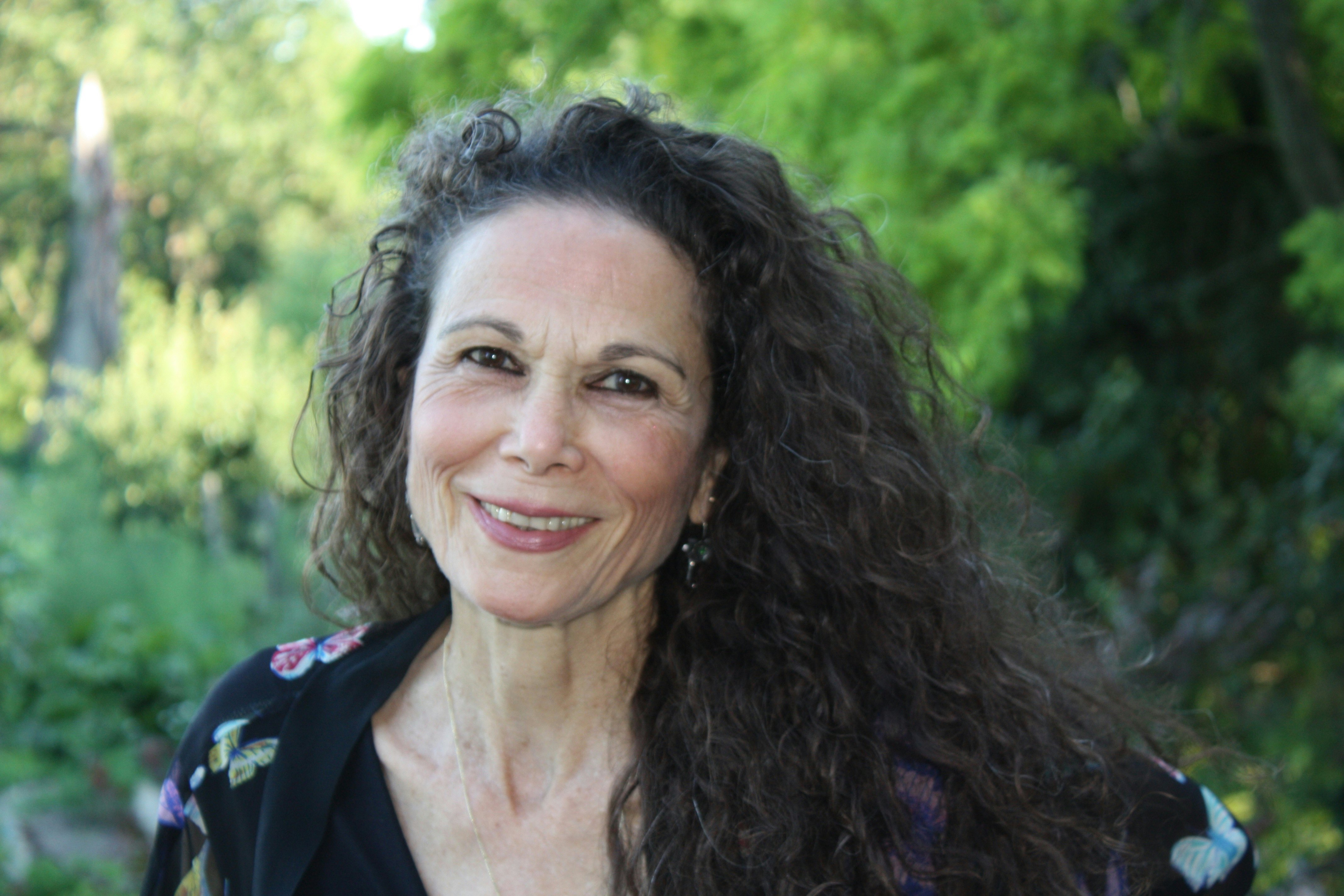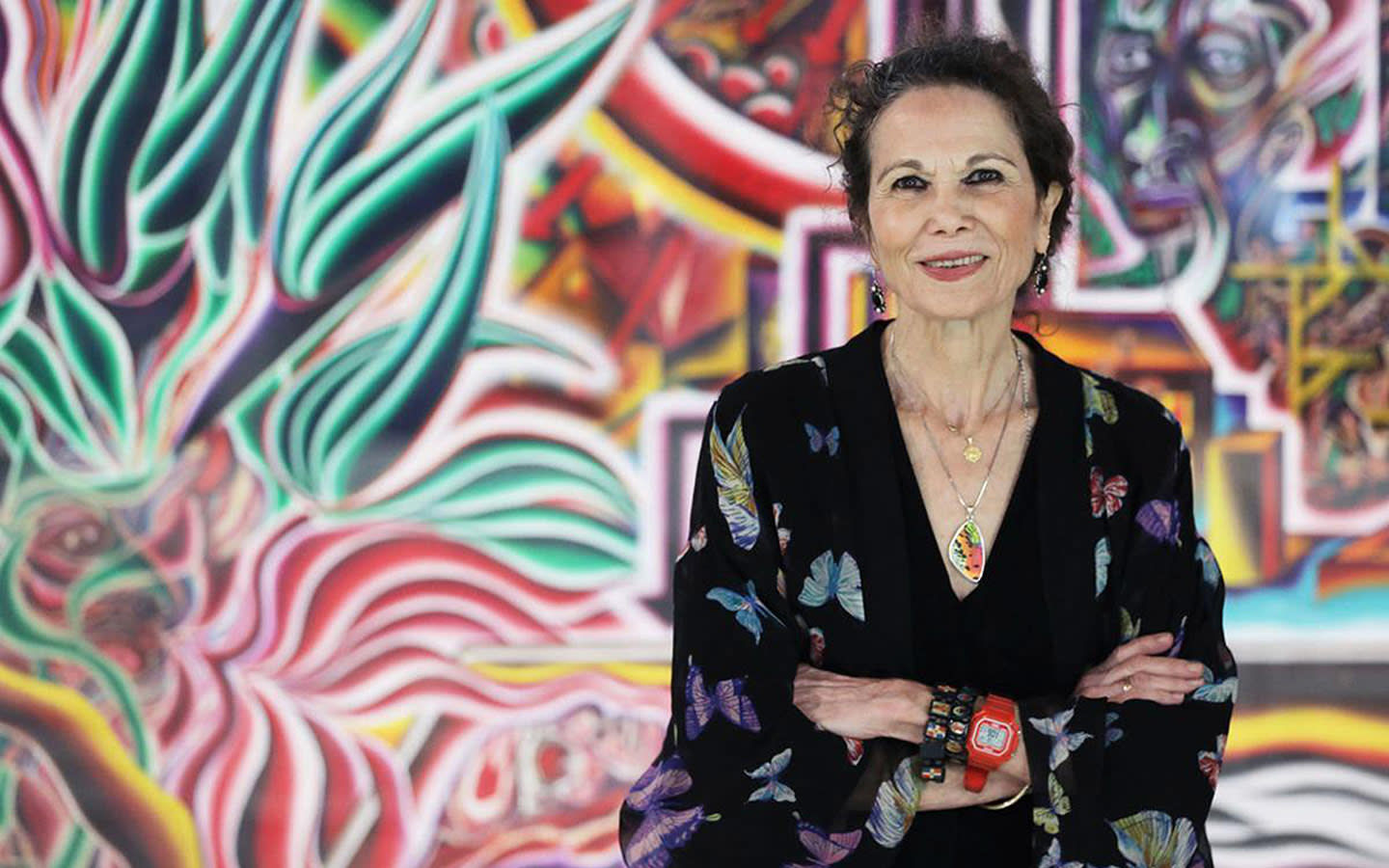
Julia Alvarez’s extraordinary work aims to demonstrate that politics affect everyone-while some benefit from it, others face hardship due to an unfavorable change to their country’s policies. “Una novela no es, después de todo, un documento histórico sino una manera de viajar a través del corazón humano.” “We are in a moment where artists and writers feel like they have to produce content all the time, and Julia still appreciates the patience of good storytelling.Augby Alejandra Castellanos Our Top Picks 0 comments Culture in Prose: Books and Poems by Julia AlvarezĪs renowned New York-based novelist, poet, and essayist, Julia Alvarez, states, “A novel is not, after all, a historical document, but a way to travel through the human heart.”

“On a level of craft, her text never feels rushed, she (Alvarez) gives you information as you need it, as if she were saying ‘I want you to sit with me for a bit.” Acevedo admires that Alvarez works on her own timetable. “Here was a book about the Dominican Republic, about life under (former president) Trujillo, in English – I had never seen a Dominican author in my classroom before.” Acevedo praised Alvarez as a trailblazer who, for younger Latinx writers, is like “everyone’s tía (aunt)."Īcevedo believes that Alvarez has much to offer her generation. “I remember being in middle school, when I discovered the book (by Alvarez) “Before We Were Free,” she recalled. We can’t afford to let conversations degenerate into combativeness and aggressiveness.”Īlvarez was an early source of inspiration to award-winning author and poet Elizabeth Acevedo. “But we can’t afford to divide ourselves. “We need to keep pressuring publishers, we need to keep pressuring the culture, that we are here and need to be more abundantly represented,” said Alvarez. “This was when publishing was pre-multicultural Sandra (Cisneros) and I, we had no role models, we just had each other.” 'We can't afford to divide ourselves'Īlvarez is familiar with the controversy earlier this year over “American Dirt,“ a book seen by many Latinx writers as inauthentic and opportunistic. “So much of my struggle as a younger writer was to feel like I belonged, to create a place for my people, my stories, and our traditions in literature,” she said. It offers readers a thoughtful exploration of grief Antonia has an epiphany when she realizes that “the only way not to let the people she loves die forever is to embody what she loved about them.”Īlvarez likes to remind younger writers that she did not achieve commercial success until age 41, and that she came of age when there were virtually no contemporary Latina writers.

“Afterlife” tells the story of Antonia, a recently widowed, retired writing professor facing the challenges that life (literally) brings to her doorstep.

Her characters are situated in Dominican culture, but in a very accessible, universal way.” "What does it mean to be an elder?" “Alvarez achieved success as the community was maturing and trying to figure out their place here. The 1980s, Hernandez explained, saw the largest number of Dominicans arriving in the U.S. “Julia Alvarez will always be known for bringing Dominican people to center stage in the literary world,” said Ramona Hernandez, director of the Dominican Studies Institute at the City College of New York, “because her work highlights the realities of Dominicans at home and in the U.S.” For the broader public, Alvarez has achieved an elite status (along with Junot Diaz) as the foremost chronicler of the Dominican American experience.


 0 kommentar(er)
0 kommentar(er)
